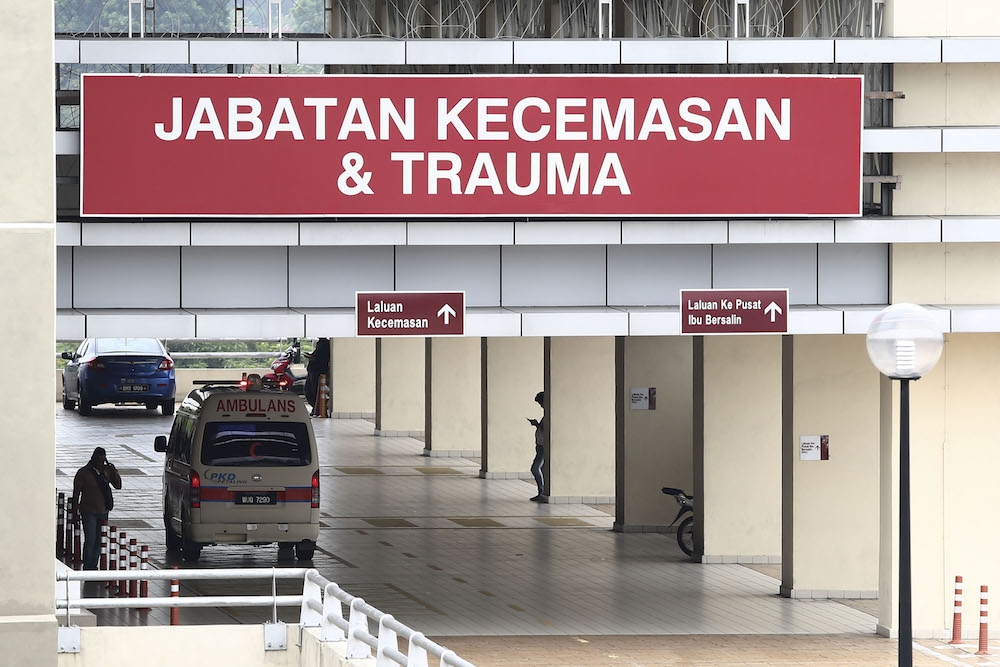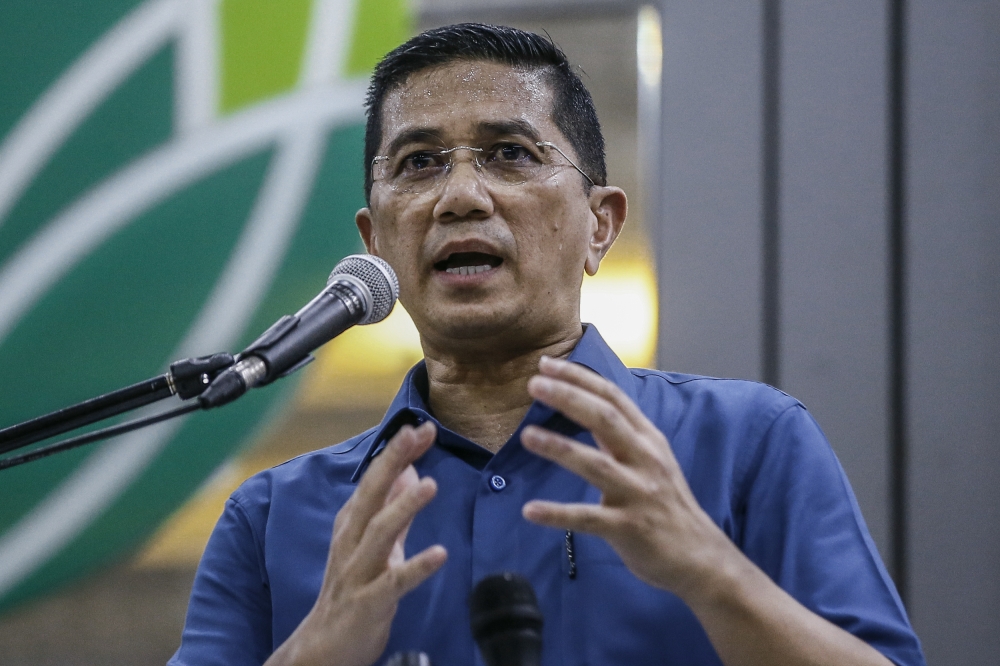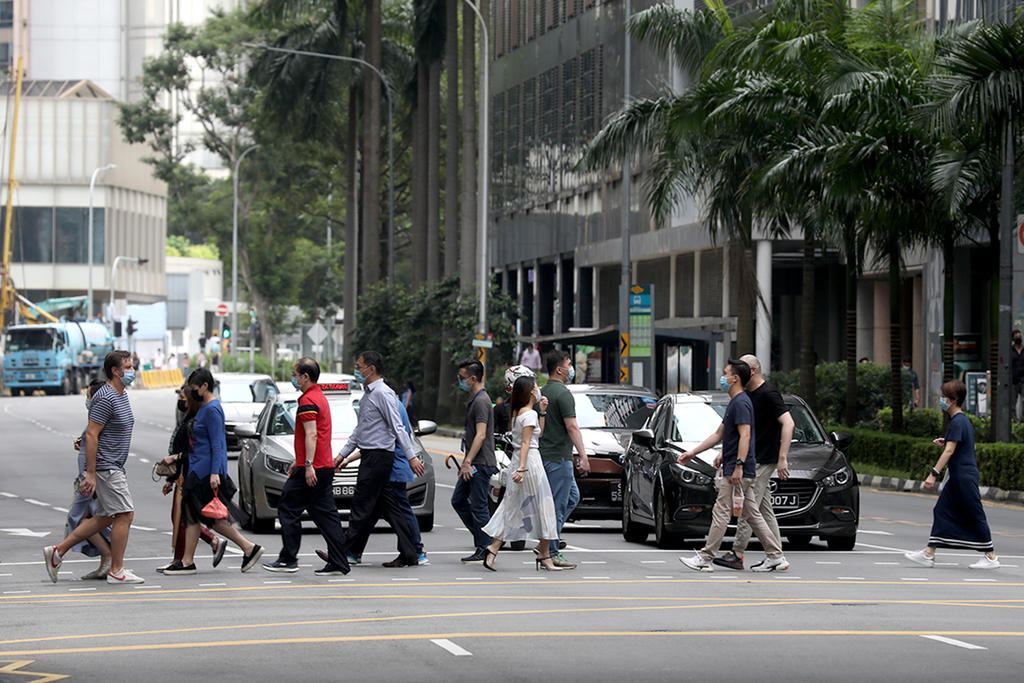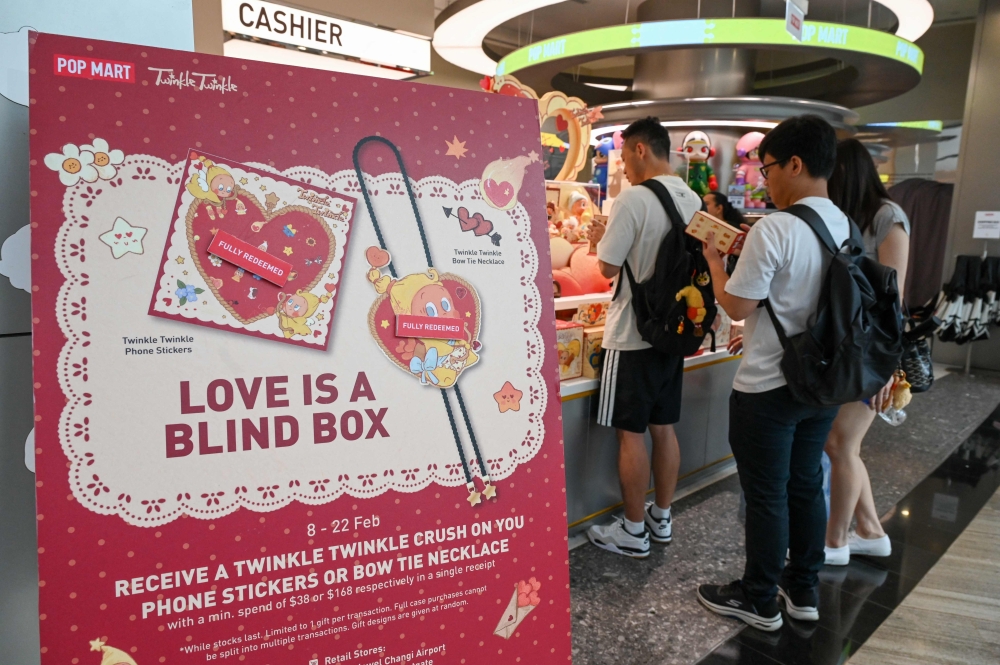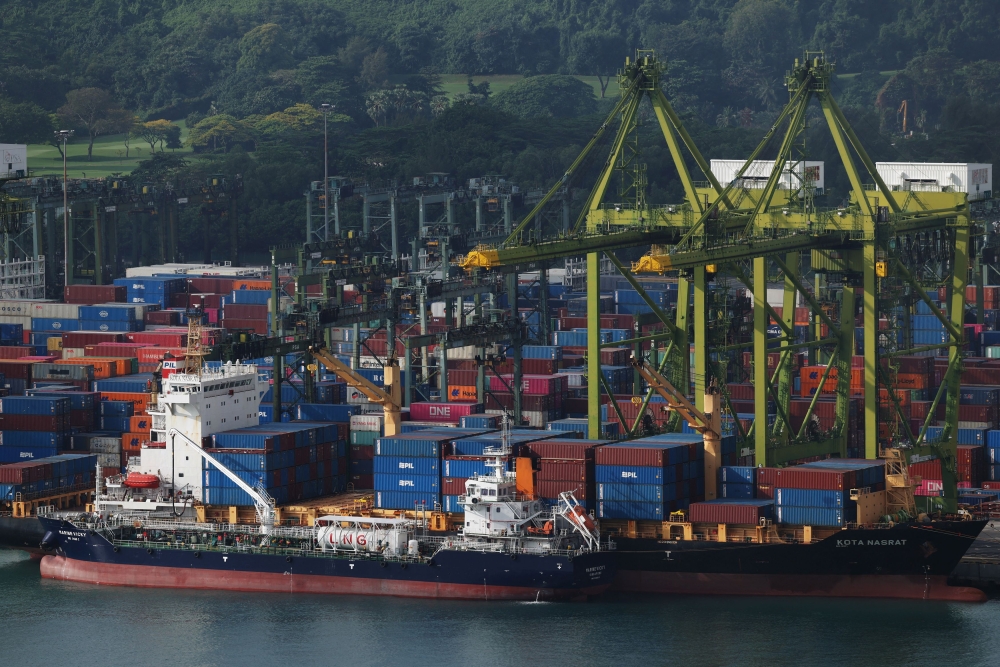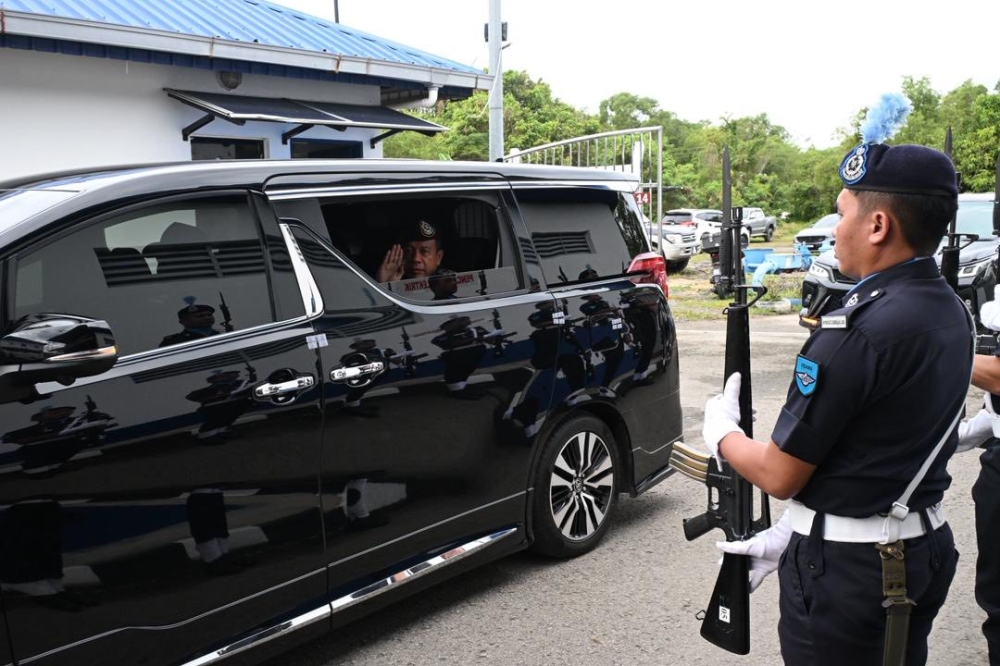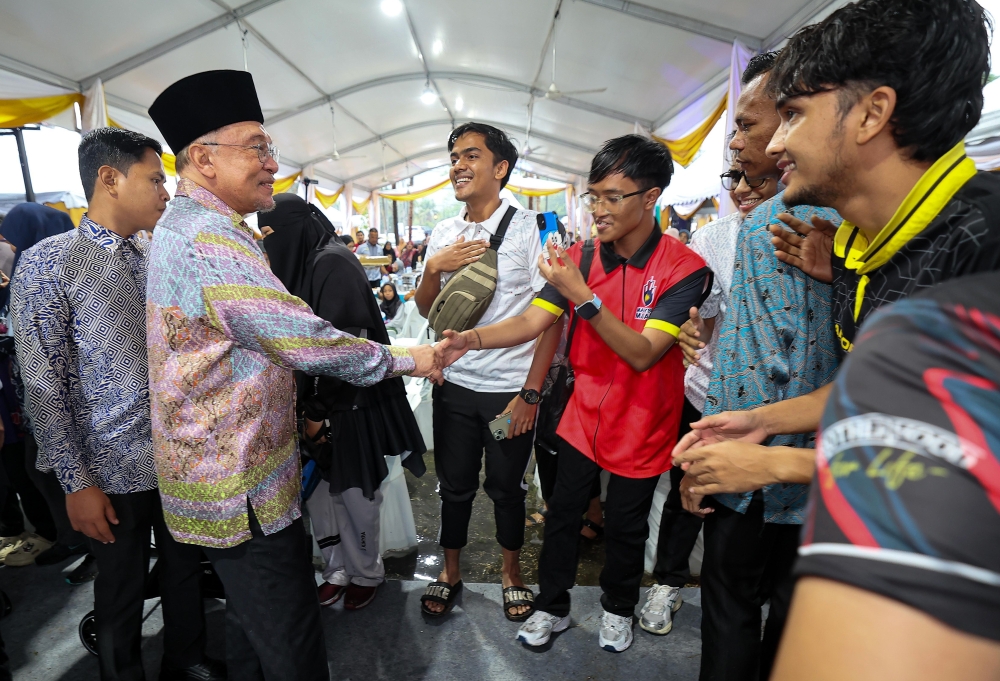SINGAPORE, June 27 — Without more scientific data supporting the exact parameters for the easing of Covid-19 restrictions, Singapore’s vaccination milestones for opening up will have to balance the risk of infection against the social and economic consequences of shutting down for too long, infectious disease experts told TODAY.
The government task force leading the pandemic response had said on June 18 that it would progressively ease restrictions both within Singapore and at its borders based on two milestones: When 50 per cent of the population are fully vaccinated and when 75 per cent are.
On Thursday, the target was shifted to when two-thirds of the population are inoculated with two doses, as the authorities have managed to bring forward the delivery of vaccine supplies.
Singapore is reaching the milestone soon as the task force said that two-thirds are expected to have received both doses of the vaccine by National Day on Aug 9.
One expert, however, suggested that the magic number should be set higher, at 80 per cent.
Dr Leong Hoe Nam, an infectious diseases specialist from the Mount Elizabeth Novena Specialist Centre, is calling for a “more cautious” stance as he fears that opening up too early might stress the healthcare system.
Noting that the Delta variant of the coronavirus which originated in India is more transmissible by at least 60 per cent, he said: “Once the healthcare system is overloaded, everything will crash very quickly.”
He also pointed out that various scientists had asked for a herd immunity of 70 to 90 per cent before opening up, but as Singapore has a relatively small number of community cases, its population relies principally on vaccines for protection.
“(At the two-thirds point,) I don’t think Singapore will be prepared. The number of cases and rapidity of spread may overwhelm our nation,” Dr Leong added.
“If you think about it, it is a figment of our imagination to think that humans are in control of the virus.
“Look at Bukit Merah. Look at the resources that were thrown at it. We are at best able to curtail the growth of the virus, but no way are we able to control it.”
When TODAY asked on June 18 how the task force intends to ease restrictions at each milestone, Health Minister Ong Ye Kung had said that the roadmap was still being worked out and plans would be announced in due course.
But he stressed that Singapore would not be emulating American cities like New York and California, where almost all restrictions were eased on June 15 after 70 per cent were given at least one dose of the vaccine.
This was because these were places that had also seen big waves of infection, so “a big chunk above (those who were vaccinated) actually have antibodies” protecting them from future infections, he explained.
On Thursday, Ong said that the two-thirds milestone is “actually not enough”. “We need to go further than two-thirds, especially given the transmissibility of the Delta variant,” he said.
Reiterating that the type of opening to be associated with the milestone is still being worked out, he cautioned that “there are still a lot of unknowns” despite having a plan.
“This enemy is full of curveballs, always thrown at us, so we are really crossing the river one stone at a time,” Ong said.
“Right now, I think we know the steps, we know some of the milestones that we can achieve through our vaccination exercise, and how we now marry the two to come up with a viable roadmap.”
Finding Singapore’s roadmap
Professor Leo Yee Sin, the executive director of the National Centre for Infectious Diseases (NCID) at Tan Tock Seng Hospital, said that although an effective vaccine provides the best public health prevention to the population, it is “not the only preventive measure”.
The effectiveness of a vaccine can be influenced by the transmissibility of the virus, the evolution of the virus to escape the pre-existing immunity, and whether the vaccine can elicit long-lasting immune memory to protect against the virus, she said.
“How long vaccine protection will last until a booster is needed is currently uncertain,” she said. “The Delta variant has shown itself to be more transmissible. Available data also suggests that the blood of vaccinated subjects has reduced ability to neutralise the Delta variant.”
As such, it is likely that the relaxation of measures will have to be “progressively rolled out in a cautious manner with close surveillance and monitoring”, she said.
“It is not time yet for Singapore to return to the pre-Covid era.”
She also said that it is important for Singapore to continue to monitor its local cases while taking lessons from watching the global situation.
Of particular interest would be the situation in the United Kingdom where the easing of restrictions had to be postponed in light of rising Delta variant cases, despite its high vaccination rates. As of Friday, 83.7 per cent there had received at least one dose, and 61.2 per cent had been fully vaccinated.
Prof Leo, however, noted that countries that have had 50 per cent or more of its residents vaccinated at the moment are mostly developed countries that were “hit badly”, which meant that they would have built up a pool of naturally infected people with the necessary antibodies.
She also said that vaccines will have to be updated to counter new variants and more studies are needed to assess the need for a booster dose and when to give it, so it would not be wise to completely unmask in the near future.
“Risk-based mask policies should remain in high-risk places such as crowded, less well ventilated areas, and when one is sick with respiratory symptoms,” she said.
“Good habits such as frequent hand hygiene, seeking early medical attention, getting tested and self-isolating when down with infectious illness should continue to be practised.”
Dr Paul Tambyah, president of the Asia Pacific Society of Clinical Microbiology and Infection, said there are no experiments showing how many people can dine together or how many can be in a meeting room in published literature as yet.
The experience of other countries alone might not be the most reliable as weather conditions may play a part in transmission, he added.
Countries in the northern hemisphere, which are approaching midsummer, have had low rates of infection despite lower vaccination rates, while outbreaks have been reported in southern hemisphere countries, which are moving into winter, despite relatively high vaccination rates, he pointed out.
Dr Duane Gubler, an emeritus professor and founding director of the Emerging Infectious Diseases (EID) Signature Research Programme at the Duke-NUS Medical School, said that the task force is being cautious by picking two-thirds full vaccination as a milestone.
He added that the experience in Europe has shown that even a single dose of the vaccine is effective in preventing severe disease and death.
In the case of Singapore, the probability of an infected person transmitting the virus to another susceptible person is likely already less than one, and should decline even more as vaccination increases, he said.
It is “highly unlikely that we will ever eradicate this virus”, so the best approach is to focus on protecting the most vulnerable segments of the population, such as older age groups and those with comorbidities, to reduce severe disease and death, he said. — TODAY













